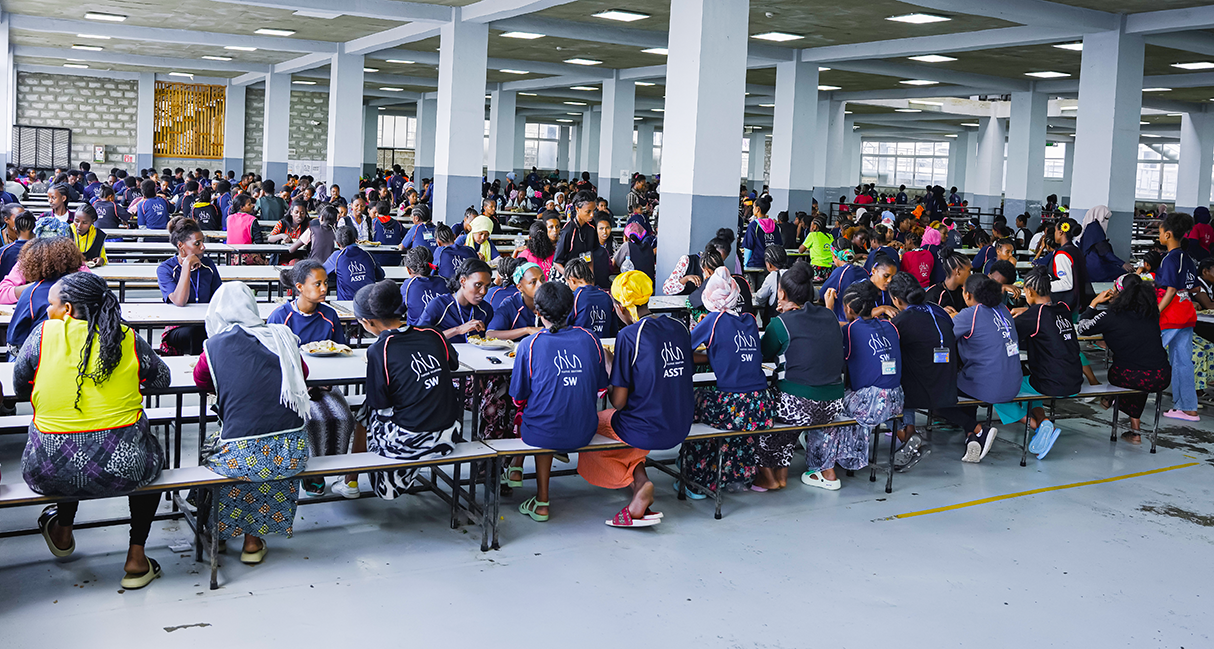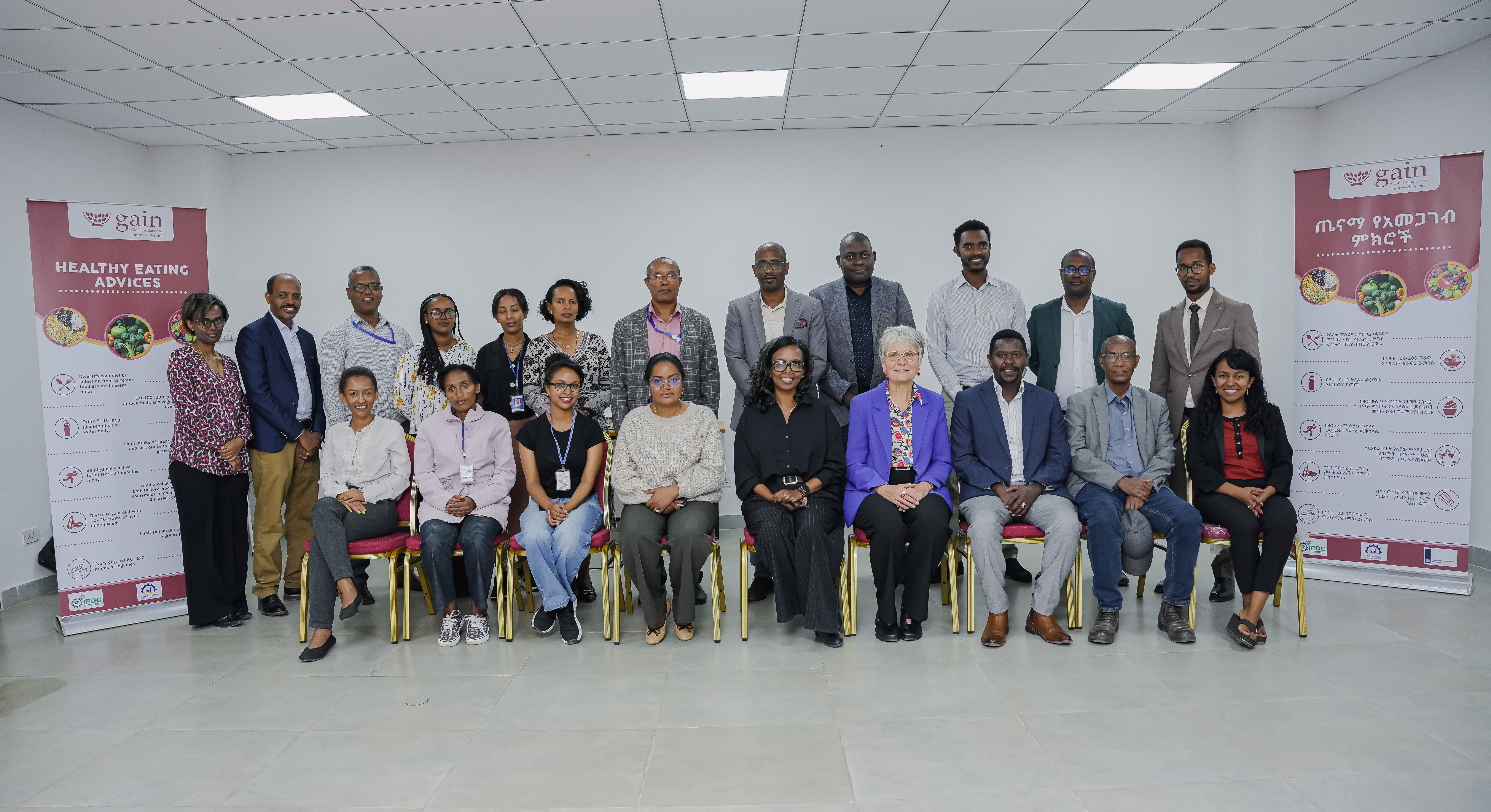The State of Food Security and Nutrition in the World (FAO, 2024) highlights the dire state of hunger in Ethiopia – 59% facing moderate or severe food insecurity from 2021 to 2023. Young women are particularly vulnerable, Ethiopia’s National Food and Nutrition Strategy Baseline Survey (EPHI, 2023) states that 15% and 22% of women of reproductive age are underweight, in urban and rural settings respectively. The same report notes that only 7% meet minimum dietary diversity standards - as a result, 66% have some form of micronutrient deficiency.
The ramification of these gaps for workers spans social, mental, health and safety, physical and financial consequences and, with a third of our grown lives spent at work, malnutrition impacts Ethiopia at an individual, business and economic level.

In recognising this, the Workforce Nutrition project (WFN) reached out to 13 factories to support the implementation of four WFN pillars. With one-third of our waking lives spent at work, and many young people concentrated in these spaces, the workplace offers a powerful opportunity to improve nutrition at scale. What’s more, when workers adopt healthier habits, the impact often extends beyond factory walls, influencing the diets of their families and communities.
The Healthy Food at Work pillar developed an optimised menu based on Ethiopia’s Food Based Dietary Guidelines (FBDG) – following an analysis of the existing dietary habits of employees. This has been completed for 8 Garment factories, with another 5 in progress. As a result, 33,500 IP workers will access healthier diets.
The Nutrition Education pillar has developed materials for the launch of its improved menu for the over 33,000 industry employees and increase consumption of healthy diets – with the support of GAIN’s Workforce Nutrition Project.

Last week of May, Shint’s ETP Garment PLC officially launched the improved healthier menu for its employees for breakfastk, lunch and dinner servings. The company has been operating in Ethiopia for 10 years, and currently employs 7,000 young workers– 83% of whom are women. The majority 5,500 live within company dormitories – with access to day care and sports facilities and a training centre. The
The management of the company showed great enthusiasm towards continuous improvement of their canteens – which had been a priority for some time. Deputy General Manager Yemane Tesfaye explained that they long attempted to offer their employees a good diet, but lacked the technical knowledge to optimise the nutritional benefits, explaining
“We started it alone, but we’re not alone now – we have a reliable partner in GAIN to implement nutrition education or improve the menu.”
In addition to the menu and nutrition education, GAIN has provided various cookware and replaced tableware, installing equipment which will be operational in mid-July, provided capacity development on hygiene management to the 100 canteen staff.
“I’m sure our partnership in this area will bear fruit” emphasised Ato Yemane – urging that this practice be scaled to the Industrial Parks Development Corporation (IPDC) level.
The impact of the project will go beyond the target group, as the sphere of influence of these large scale employers and their workers spans their families and broader communities.